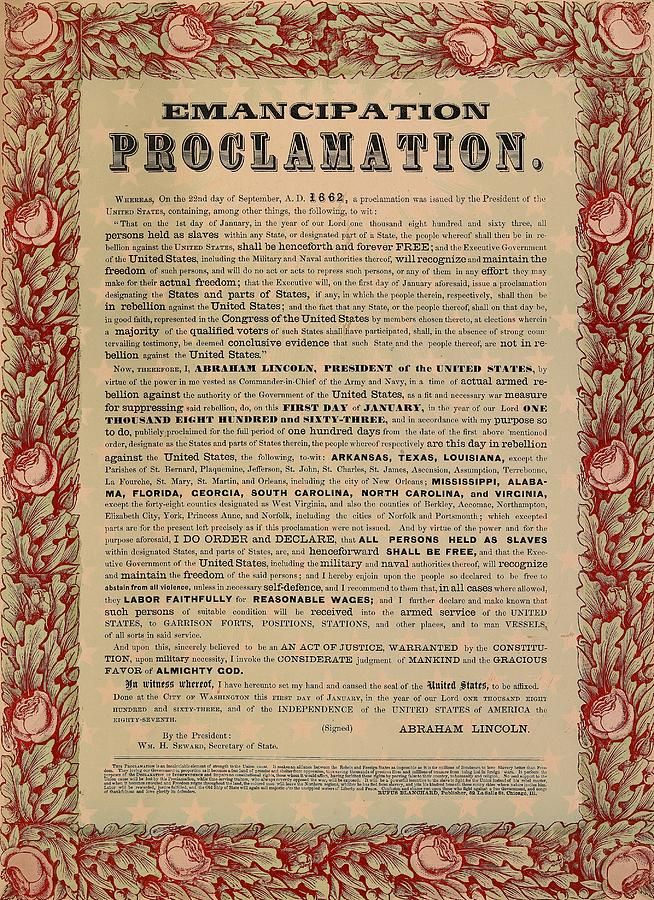Juneteenth, also known as Juneteenth Independence Day, Freedom Day, or Emancipation Day, is a significant holiday in the United States that commemorates the end of slavery. Celebrated annually on June 19, it marks the day in 1865 when Union soldiers, led by Major General Gordon Granger, arrived in Galveston, Texas, with news that the Civil War had ended and that the enslaved were now free. This was two and a half years after President Abraham Lincoln’s Emancipation Proclamation, which had become official on January 1, 1863.
History
- Origin: The Emancipation Proclamation declared all slaves in Confederate states to be free, but it was not until June 19, 1865, that the last group of enslaved people in Texas learned of their freedom, as news traveled slowly in that era and enforcement of the proclamation depended on the advance of Union troops.
- Significance: Juneteenth is a symbolic date representing freedom from slavery and a broader emancipation of enslaved Americans across the South.
Observances and Traditions
- Public Recognition: While Juneteenth has been celebrated in communities since the late 19th century, it gained broader public recognition and has been declared a state holiday or observance in many U.S. states.
Modern Relevance
- Federal Holiday: As of June 2021, Juneteenth became a federal holiday in the United States, underscoring its significance in American history and culture.
Juneteenth serves as a poignant reminder of a dark chapter in American history. It is a day of remembrance, reflection, and joyous celebration of freedom.






